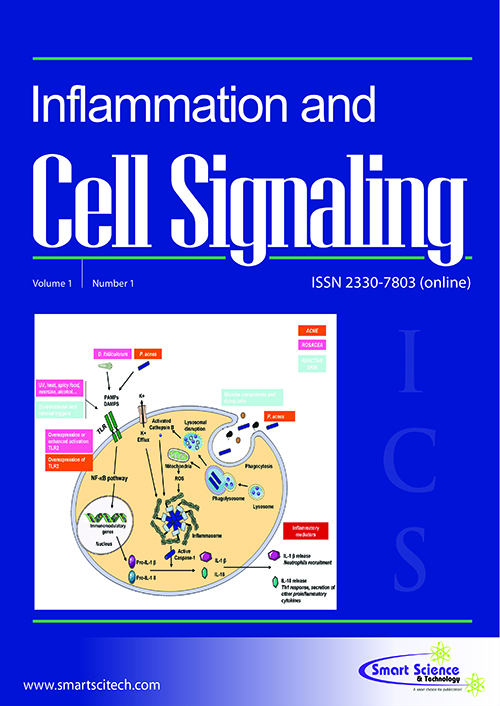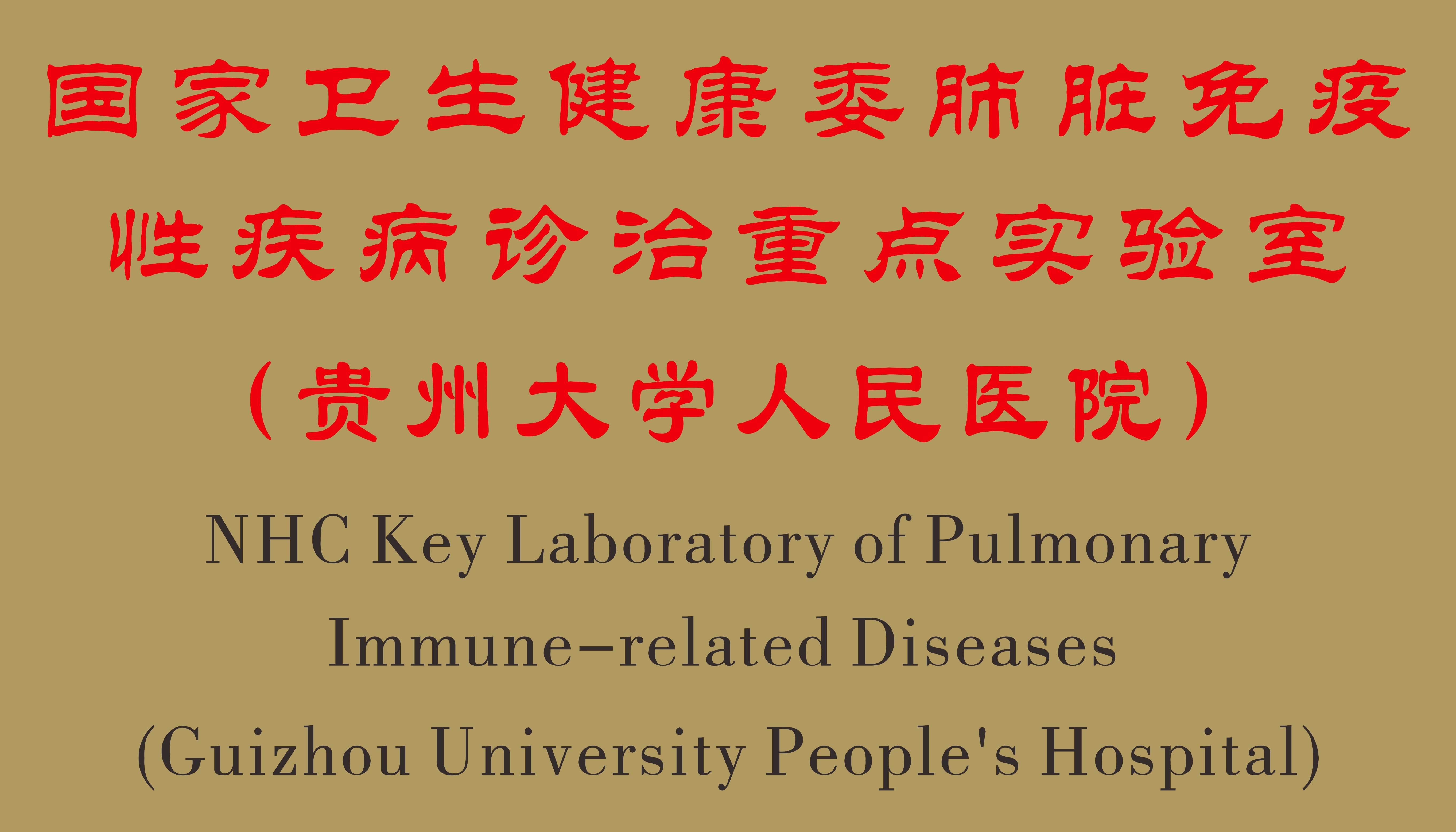Effects of Immunosuppressive agents on neutrophils inflammatory response in humans: An inflammatory perspective on coronary allograft vasculopathy
DOI: 10.14800/ics.1181
Abstract
Cardiac transplantation (CTx) has improved survival in patients with advanced heart failure. Unfortunately, the conditional survival remains less than 15 years. The primary cause of mortality at 5 years following a CTx is the development of accelerated coronary atherosclerosis named coronary allograft vasculopathy (CAV). The neutrophils likely play an important role in this diffuse inflammatory process. Nevertheless, the contribution of the neutrophils on the pathogenesis of CAV is poorly understood. Regardless of their essential contribution for the prevention of graft rejection, immunosuppressive drugs (IDs) may have detrimental effects via some pro-inflammatory activities. This review presents the role of neutrophils on vascular inflammation and on the biologic effects of diverse immunosuppressive agents including mTOR inhibitors in the context of the pathophysiology of CAV. We investigated the impact of different IDs on the inflammatory responses of isolated human neutrophils harvested from healthy controls and herein, we reported on some novel characteristics of everolimus (EVE) on isolated neutrophils in comparison with other immunosuppressive agents. These biologic effects may contribute to their beneficial effects on the allograft vasculature and consequently on the prevention of CAV.














